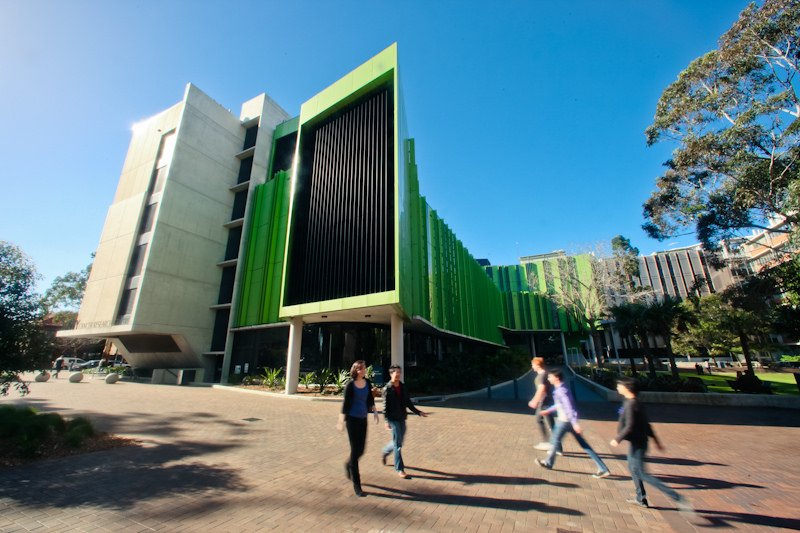UNSW Medicine launches its Health 25 Strategy
The Faculty shares its overarching vision and five-year plan to improve health.
The Faculty shares its overarching vision and five-year plan to improve health.

UNSW Medicine & Health has launched its Health 25 Strategy, a plan that outlines the Faculty’s principles and priorities for the next five years.
“Our strategy seeks to explain our identity and our principles as well as our goals. And speak to what makes UNSW Medicine unique and important,” said the Dean of UNSW Medicine Scientia Professor Vlado Perkovic.
“It articulates with the UNSW S25 strategy, and in particular its focus on ‘Hand and Mind and Heart’- incidentally the title of the first book documenting the history of UNSW Medicine, published in 1999.”
The result is an overarching plan that speaks to their key tools to improve health: firstly their people, who are the faculty and are central to everything it can do; secondly, their role as a place of learning for students, which has a profound impact on the health of the community and people around the world; thirdly, their research which will show how to best improve health; and finally the Faculty’s many partnerships, which magnify their impact.
The strategy document is structured in two sections. The first part of it provides the context and the Faculty’s journey to get to this point. It includes some of the themes and important factors impacting on the future of health that staff said was important to consider in compiling the strategy.
The second part outlines their vision and strategic priorities, each with several initiatives beneath it.
Nine months of engagement
Taking a whole-of-faculty and beyond approach, everyone – from the staff on city and rural campuses, to other faculties, clinical schools, research centres, institutes, and partners – was asked to provide their insight and experience.
The entire process was led by a strategy team. They helped guide the deep and broad process of consultation that built upon the years of experience and expertise within the Faculty and community.
At every stage of the strategy’s development, the team focused on feedback and consultation. Over 4,000 pieces of information and ideas were collected from stakeholders; 38 events were held. They had five rounds of feedback and development and maximised accessibility by using 12 difference communication methods to reach a broader audience.
“I am hugely grateful to each person in the Faculty, and our broader community, for their willingness to share opinions and experience during the process, creating a vision shaped by all of us.” Prof. Perkovic said.
“This vision puts people first.”
How the plan will come to life
“It is never enough to simply list a set of strategic goals or initiatives, and think ‘job done’, however ambitious,” Prof. Perkovic explained.
“A strategy must be implemented. It needs to be translated into specific actions so that people can read them and think, ‘yes, I see what I need to do’.”
The second part of the Faculty’s strategy journey is now underway, the Health 25 Operational Plan, and will provide that additional information. It will detail actions, milestones and the resourcing required for each initiative. Some of these details will be implemented immediately and others over coming months and years.
A key element of this will be faculty working groups that involve members of our broader community, to plan and implement the various initiatives.
Read the Health 25 Strategy